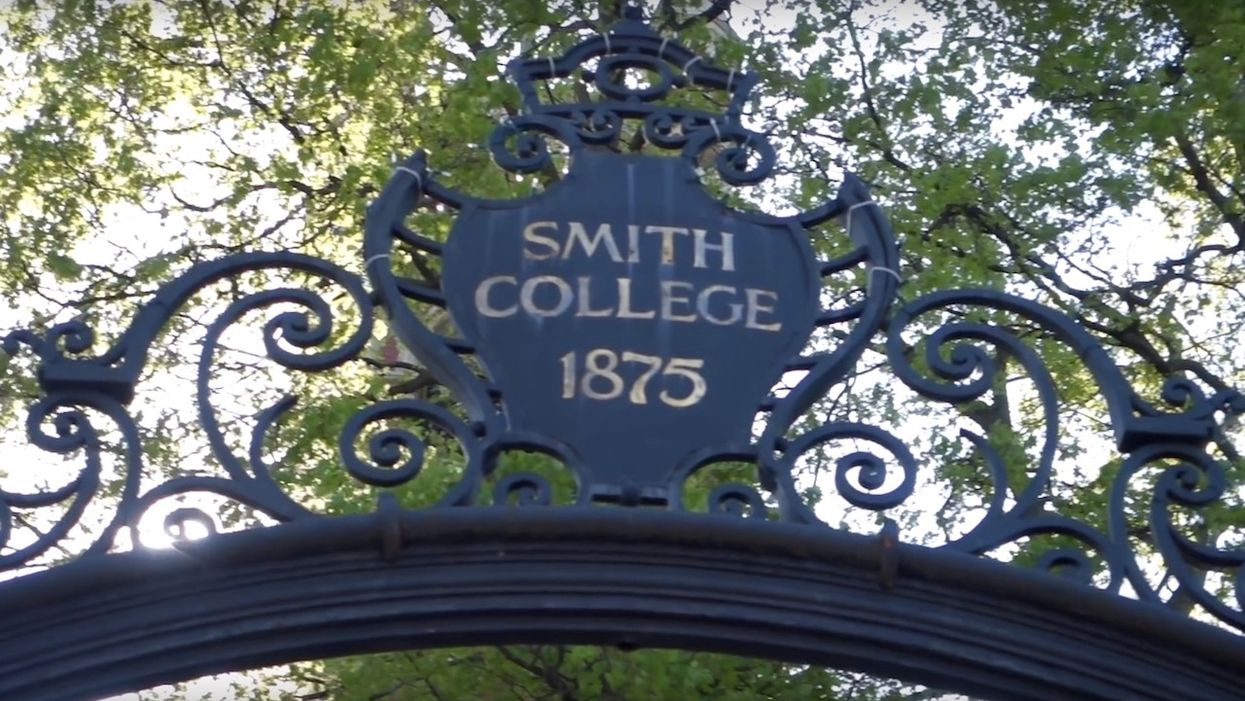
Image source: YouTube screenshot

'A crucial step forward'
Smith College — a prestigious, women-only private school in Massachusetts — now requires campus police to gather information about callers who report suspicious persons and tell their superiors if they believe such calls involve racial bias, the Boston Globe reported.
The paper said the directives are part of new guidelines aimed at reducing racially charged incidents — among them when an employee called police about a black sophomore in a common area last year.
More from the Globe:
Last summer, a Smith custodial worker reported to campus police that Oumou Kanoute, a student who was working as a teaching assistant, was "out of place" in a residence hall. Kanoute was relaxing in the building after having lunch. Kanoute, who believed she was targeted because she was black, posted video of the police encounter on Facebook, drawing nationwide attention to potential bias on college campuses.
Students at Smith staged a mass walkout during convocation in September and demanded the school address the potential racial bias.
An outside investigator hired by the school determined that the employee had legitimate reasons for the call, including that the individual was sitting in a room without air conditioning in a closed building, the paper added.
Mount Holyoke College also will be affected because it shares police with Smith College, the Globe said, adding that all police employees will receive mandatory training on the new guidelines.
Dispatchers must get full descriptions of individuals involved in the suspicious person call, the paper said, and when police arrive to a nonviolent scene, they should ask the people being reported if they need assistance.
"This is a non-confrontational way to begin a conversation and might put them at ease," the rules state, according to the Globe.
And if officers believe the incident may involve bias-profiling, they should tell superiors, the guidelines also said, the paper reported.
College employees also are encouraged to first talk to a person who may seem out of place but doesn't seem threatening, the Globe added.
The new guidelines also tell officers that "the vast majority of our suspicious person calls turn out to be community members or guests of our community engaging in appropriate activity," the paper reported.
Carl Takei — an American Civil Liberties Union attorney who's been representing the black student in last summer's incident and negotiating policy changes with Smith College — told the Globe the new guidelines are "a crucial step forward."
"Recruiting a diverse student body isn't enough," he added to the paper, noting that schools should ensure "the students that they welcome to campus aren't then targeted by their own campus police departments."
(H/T: The College Fix)